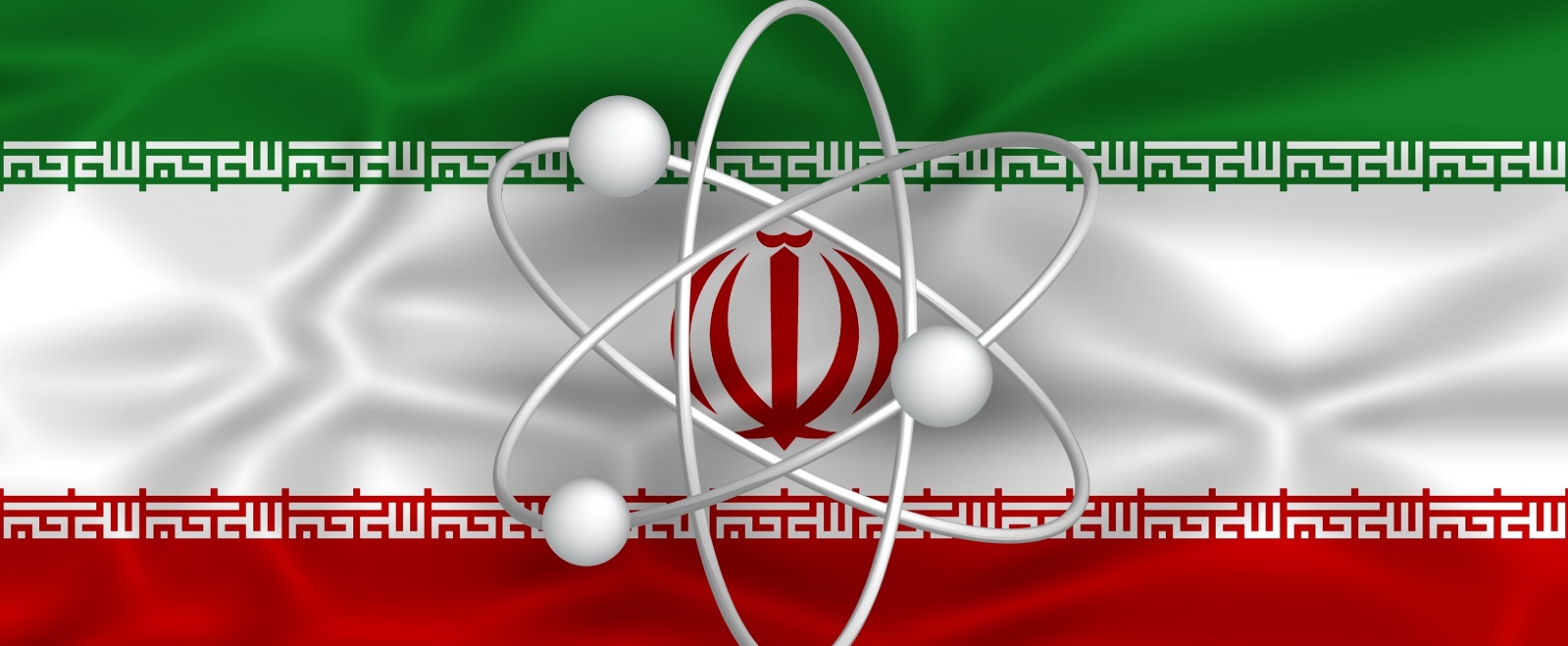In a joint letter to the UN leadership, China, Iran and Russia denounced European attempts to reimpose UN sanctions on Tehran as ‘inherently flawed, both legally and procedurally,’ escalating diplomatic tensions over the triggered “snapback” mechanism.
The three foreign ministers wrote to UN Secretary-General Antonio Guterres and Security Council President Eloy Alfaro de Alba declaring ‘null and void’ a move by France, Germany and the United Kingdom to activate the sanctions restoration process last week.
They triggered the ‘snapback’ mechanism under UN Security Council Resolution 2231 after determining Iran was in non-performance of its nuclear commitments under the 2015 Joint Comprehensive Plan of Action, opening a 30-day period before possible restoration of previously-terminated sanctions.
Iranian Foreign Minister Seyed Abbas Araghchi said on social media platform X that the joint letter, signed on the sidelines of the 2025 Shanghai Cooperation Organisationsummit in the city of Tianjin in northern China, ‘reflects the firm position that the European attempt to invoke “snapback” is legally baseless and politically destructive.’
If implemented, the restored sanctions could freeze Iranian assets abroad, halt arms deals, penalise Iran’s ballistic missile development, and order Tehran to stop uranium enrichment. Iranian officials have warned that triggering snapback could prompt the country’s withdrawal from the Nuclear Non-Proliferation Treaty.
China and Russia have proposed a draft resolution to extend the JCPOA and Resolution 2231 for six months until April 18 of next year, both of which are scheduled to expire on 18 October.
Looking for expert advice on an export controls or sanctions matter?
Subscribe now to receive
Regular updates on developments in global trade controls and sanctions
Expert advice on preparing your business for changing regulations
Informed insight into trade control policy
Advice on the impact of U.S. trade controls on non U.S. business
International enforcement
news and penalties
